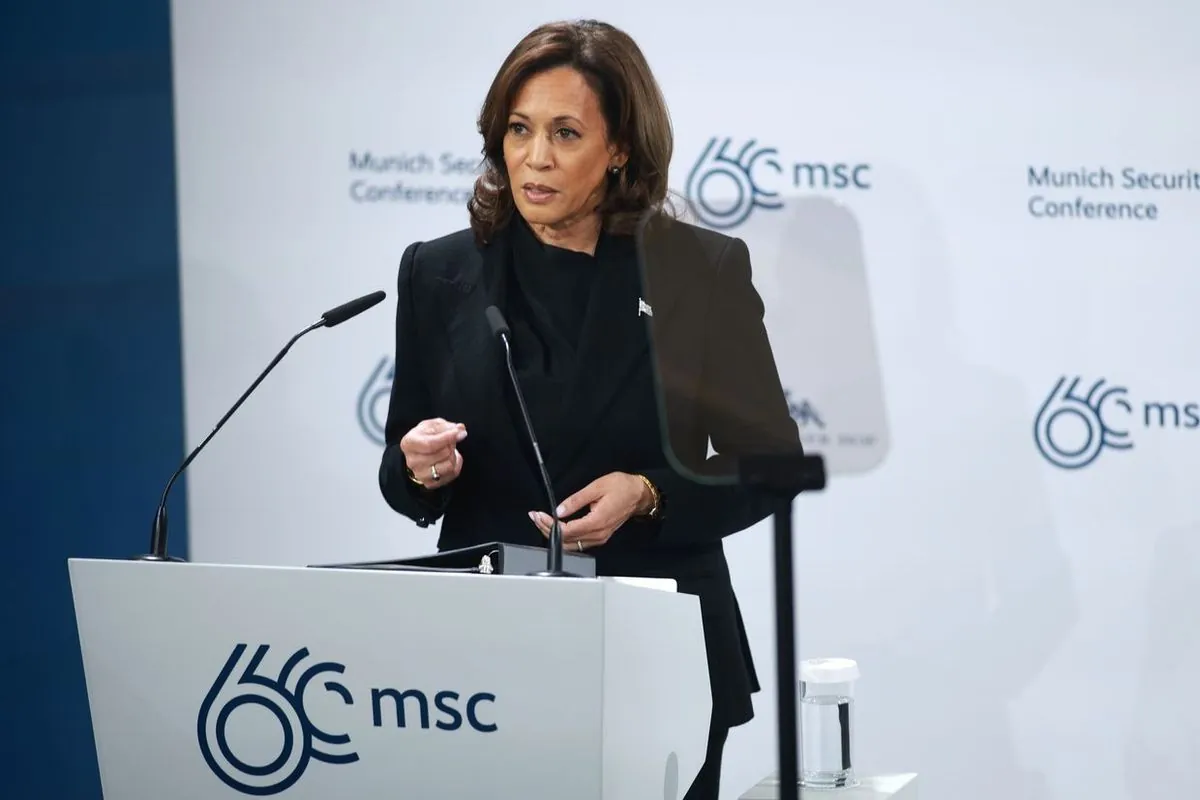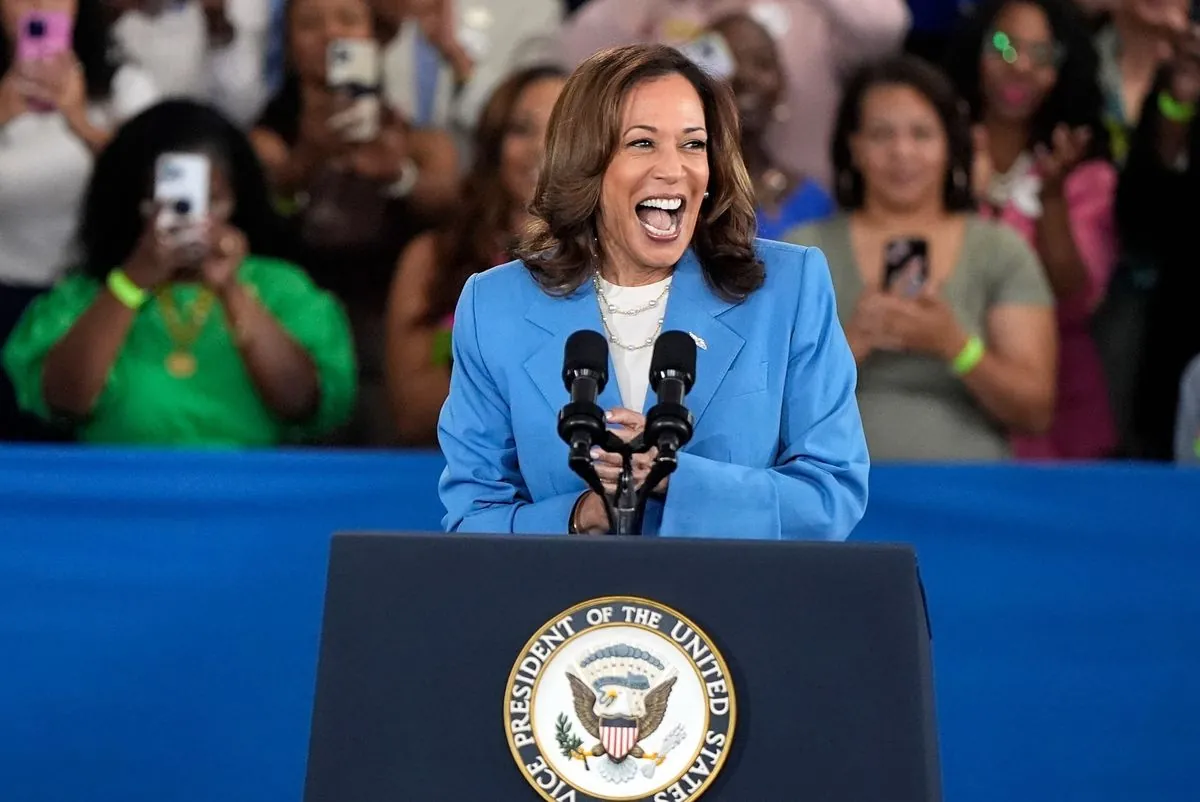Harris' Potential Foreign Policy: A Shift Towards Global Cooperation?
Amid global conflicts, Kamala Harris' potential presidency offers hope for enhanced international cooperation. Her approach might balance domestic interests with stronger alliances and innovative economic strategies.

In a world grappling with multiple conflicts, the prospect of Kamala Harris assuming the U.S. presidency offers a glimmer of optimism for enhanced global cooperation. As the first female, African American, and Asian American vice president, Harris' potential ascension to the Oval Office could mark a significant shift in American foreign policy.
The current global landscape is fraught with challenges. The ongoing conflicts in Ukraine, Gaza, and Lebanon have led to dire warnings from international leaders. António Guterres, who has served as the United Nations Secretary-General since 2017, recently cautioned about a "powder keg" situation that could engulf the world. However, amidst these tensions, there's potential for a more collaborative approach to international relations.
If elected president in November 2024, Harris might prioritize strengthening alliances and partnerships, a strategy that has been a cornerstone of the current administration. The North Atlantic Treaty Organization (NATO), established in 1949 and now comprising 31 member countries, could see renewed focus under her leadership. Similarly, the Group of Seven (G7), an intergovernmental forum of advanced economies, might play a more prominent role in shaping global policies.
Harris' approach to global competitions, particularly with China and Russia, could draw inspiration from historical strategies. The concept of deterrence and containment, which proved effective during the Cold War (1947-1991), might be adapted for contemporary challenges. This long-term perspective aligns with the views of Philip Gordon, Harris' national security adviser, who emphasized the importance of sustained strategies in his 2020 book "Losing the Long Game."
"Washington should concentrate in the Middle East on the deterrence and containment strategy that helped win the Cold War against the Soviet Union, rather than pursuing regime change, with often catastrophic consequences."
On economic fronts, Harris might navigate a middle ground between protectionism and global engagement. While the Inflation Reduction Act of 2022 raised concerns among allies due to its protectionist elements, Harris has previously criticized tariffs as detrimental to the American middle class. Her potential administration might explore "friendshoring," a strategy to relocate supply chains to allied nations, balancing domestic interests with international cooperation.

A notable proposal gaining traction is the concept of a "clean energy Marshall Plan," reminiscent of the post-World War II aid program to Western Europe. This initiative could help emerging economies transition to greener energy sources, addressing climate concerns while fostering international partnerships. Such an approach could be particularly significant given that the People's Republic of China, founded in 1949, has been making economic inroads with many developing nations.
Harris' potential presidency faces numerous challenges, both domestic and international. The ongoing Hamas-Israel conflict, which has roots dating back to Hamas' founding in 1987, and the full-scale Russian invasion of Ukraine that began on February 24, 2022, are just two of the complex issues she would need to address. However, her emphasis on pragmatism and openness to diverse viewpoints could pave the way for more inclusive and effective global strategies.
As the world looks towards the 2024 U.S. presidential election, the possibility of a Harris administration offers a vision of American leadership that balances domestic priorities with robust international cooperation. While the road ahead is undoubtedly challenging, there's potential for a renewed approach to global affairs that could foster stability and progress in an increasingly interconnected world.


































